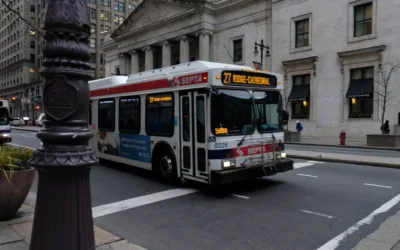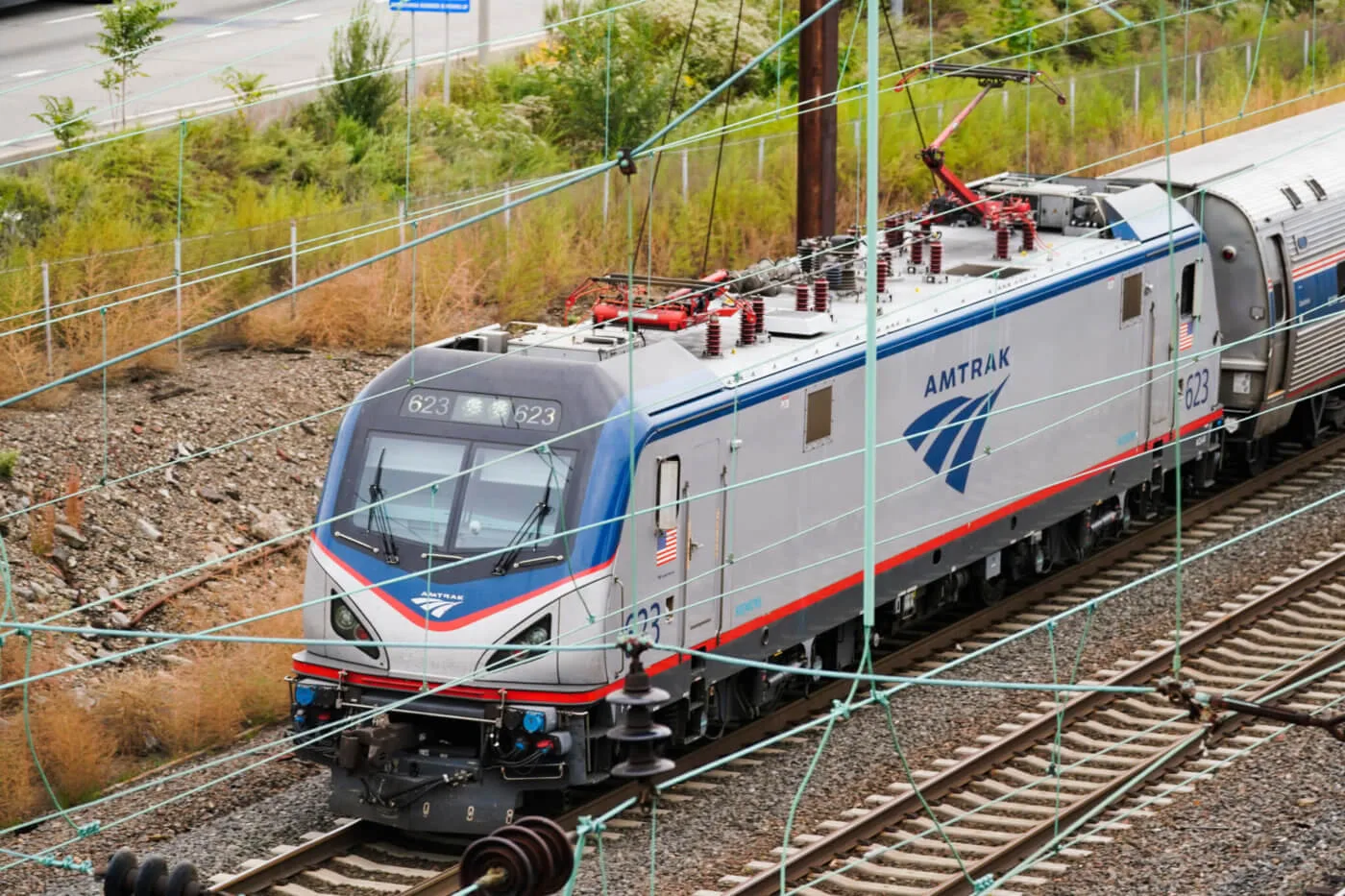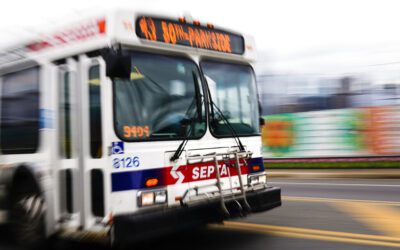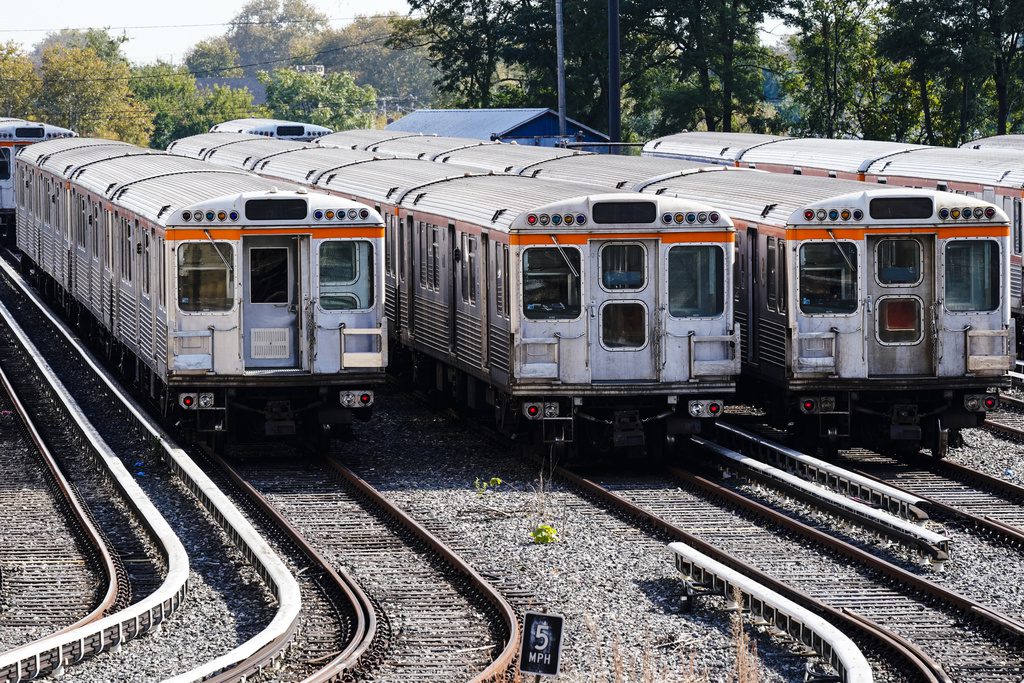
FILE—Southeastern Pennsylvania Transportation Authority (SEPTA) trains sit in the yard at Fern Rock Transportation Center in Philadelphia, in this file photo from Oct. 25, 2021. (AP Photo/Matt Rourke, File)
SEPTA agreed to a tentative contract deal with its workers union that includes a 5% raise, an unspecified pension adjustment, and additional safety measures for frontline workers.
Philadelphia’s mass transit system has reached a tentative contract deal with its largest workers union, averting a potential strike that could have seen thousands of employees walk off the job.
The Southeastern Pennsylvania Transportation Authority and Transport Workers Union Local 234 announced the one-year agreement Wednesday. It calls for union members to receive a 5% raise and an unspecified pension adjustment. The contract also has language aimed at improving the personal safety of frontline workers, including installing bulletproof enclosures for drivers since many face violence and harassment.
Union President Brian Pollitt said a ratification vote would be held Dec. 6.
The agreement comes about two weeks after union members had voted to authorize a strike once their one-year contract with SEPTA expired Nov. 8. Union leaders, though, agreed to delay a strike as long as they felt progress was being made at the bargaining table.
Local 234 has about 5,000 members, including bus, subway and trolley operators, mechanics, cashiers, maintenance people and custodians.
Late Wednesday afternoon, officials at SMART-TD Local 1594, which represents about 350 SEPTA workers in several suburban counties, also announced a tentative agreement they said includes a wage increase and “critical safety improvements.”
Pollitt said Wednesday that avoiding a strike was a priority, noting that public transit is a “necessary need” for many residents, including students who take SEPTA trains and buses to school and workers who rely on the agency to get to their jobs.
“We got a fair deal, and now we need to focus on making sure SEPTA stays strong for everyone who depends on it,” Pollitt said.
Scott Sauer, SEPTA’s interim general manager, said both sides worked hard to reach a deal.
“This agreement is fair to our hardworking frontline employees and responsible to the customers and taxpayers,” he said.
SEPTA, which has repeatedly said its financial health is uncertain, recently proposed an across-the-board 21.5% fare increase that would start New Year’s Day as well as severe service cuts that would take effect next summer. The agency has scheduled a Dec. 13 public hearing on the plan.
If approved by SEPTA’s board, riders would pay the increase on top of a proposed interim average fare increase of 7.5% the panel is due to consider later this month. If passed, it would take effect Dec. 1. If both increases take effect, the single fare cost of riding the city bus and subway would go from $2 to $2.90. SEPTA key fares, where riders get discounts for using a prepaid card to pay fares that now range from $3.75 to $6.50, depending on the zone they use, would range from $5 to $8.75 on Jan. 1.
SEPTA last raised fares in 2017, and the proposed increase would be expected to bring in an additional $23 million for this fiscal year and $45 million per year starting in 2026.
The nation’s sixth-largest mass transit system, SEPTA faces an annual structural budget deficit of $240 million as federal pandemic aid phases out. It lost out on about $161 million in state aid since the Republican-controlled state Senate declined to vote on Democratic Gov. Josh Shapiro’s proposal for $283 million in new state aid to public transit. Instead, lawmakers approved a one-time payment to the state trust fund for transit systems, of which SEPTA got $46 million.
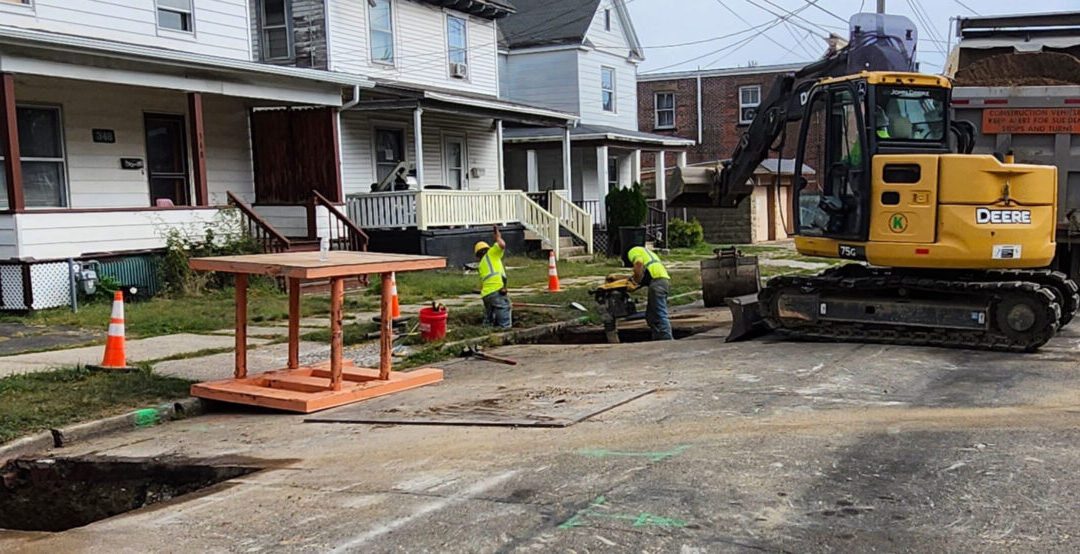
Erie’s $72M lead pipe replacement project is ongoing. How much work has been completed?
If noise, heavy equipment and slicing holes into the street helps protect public health, Rebekah Weaver is more than willing to endure some...

Pa. electric customers will pay to keep an old power plant running under federal orders
The Trump administration has signaled it will use emergency powers to keep fossil fuel plants online. Electricity customers across a broad swath of...
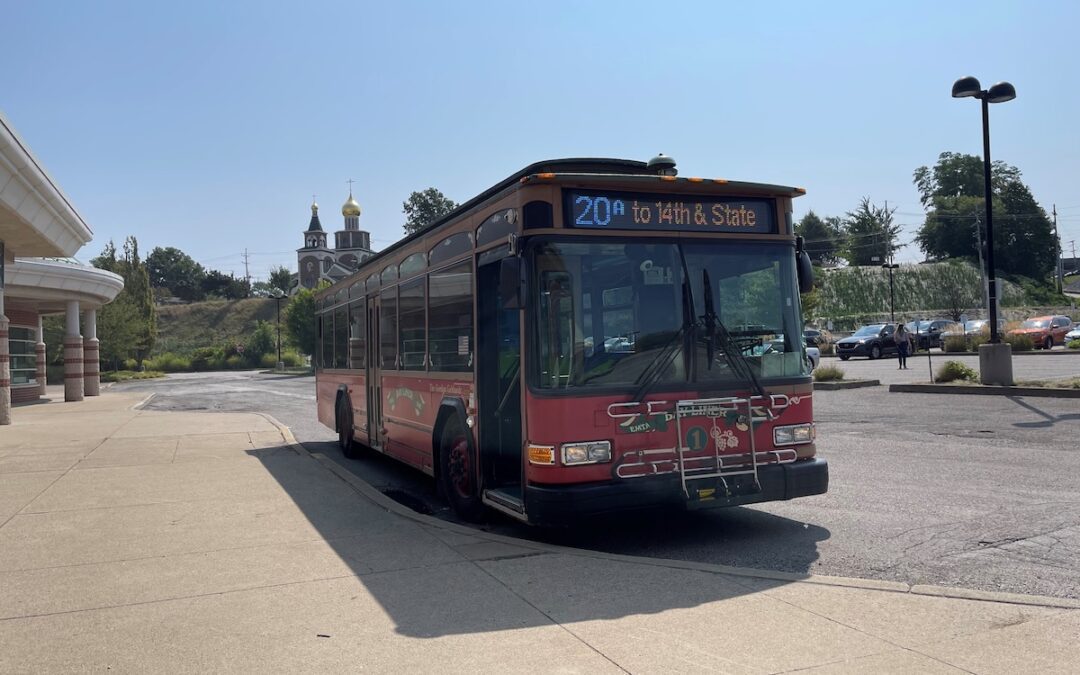
What it’s like to ride on an Erie trolley, and why there’s a new fleet coming in 2026
Coming in 2026, the Erie Metropolitan Transit Authority (EMTA) is set to receive four new compressed natural gas (CNG)-powered trollies. EMTA...
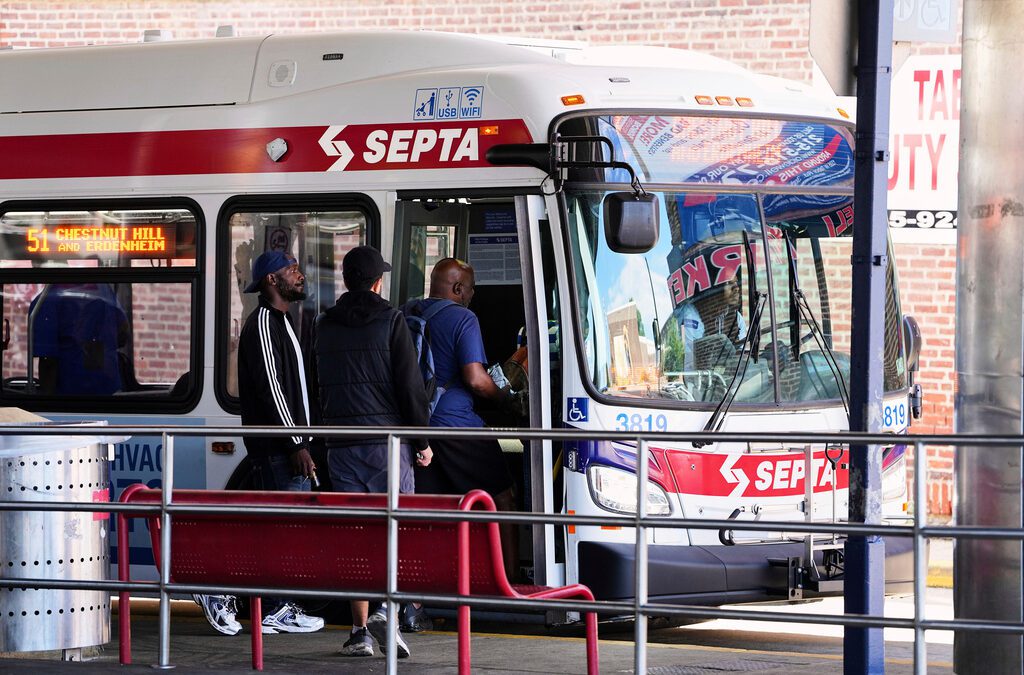
Philadelphia transit agency will use project reserves to avoid cuts. Pittsburgh’s might do the same
HARRISBURG, Pa. (AP) — Gov. Josh Shapiro's administration on Monday approved the use of hundreds of millions of dollars in capital project funding...

Philadelphia’s mass transit cuts foreshadow possible similar moves in Pittsburgh, other cities across US
SEPTA has said its cuts this week amount to a 20% across-the-board service reduction to deal with a deficit of more than $200 million. Pittsburgh...


